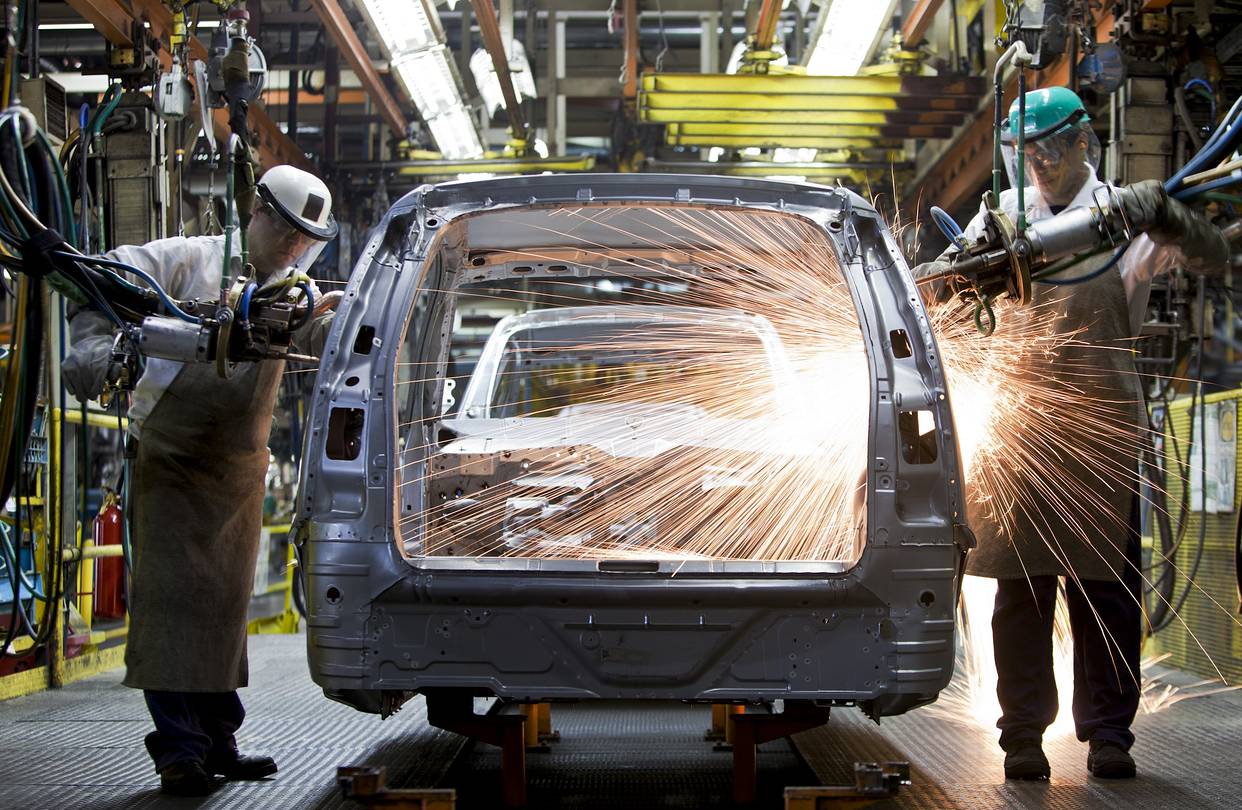RIO DE JANEIRO, BRAZIL – Despite the drastic drop in vehicle sales and the resulting increase in the idleness of automakers during the pandemic, consumers have been noting the shortage of some versions of large-volume models in the Brazilian market. Far beyond the sudden increase of suppliers’ demand, which are not managing to cope with orders due to the economic crisis, the issue once again illustrates the fragility of the links in the automotive chain in the country.
According to EXAME’s report, versions of compact models are lacking in some market places.

With the pandemic, many suppliers decided to reduce – or even zero – stocks of parts when faced with no prospects for a market rebound. However, with the sudden and unexpected increase in sales, automakers now face bottlenecks to sustain production levels.
Luiz Carlos Moraes, president of the National Association of Automotive Vehicle Manufacturers (ANFAVEA), says that assemblers have been constantly assessing what is the new market demand amid the pandemic.
According to the executive, the product mix had to be modified to attend the new consumer needs. Light commercial vehicles such as pickups increased in sales, focused on agribusiness, as well as heavy vehicles for the agricultural commodities sector.
“This more assertive reading of the product mix is important, as the companies in the sector will not work with as much stock,” says Moraes. On higher volume models, however, this ultimately impacts deliveries throughout the country.
According to Rafael Cagnin, economist of the Institute of Studies for Industrial Development, the intense uncertainties of the pandemic have hindered the projection exercise on the rebound. With a higher than expected recovery – in good part due to the emergency aid – many companies saw demand quickly rise. However, not all were prepared and many had no access to capital.
“Many manufacturers reduced stocks to prevent capital from standing still. Moreover, there was a disorganization of global production chains and the return is unequal, some sectors will come out ahead and this creates bottlenecks along the chain,” says the specialist.
He adds that, although the bottlenecks are temporary, the issue should persist until the end of the year.
“The consumption basket of families is different and companies are struggling to estimate the demand. Entrepreneurs will not increase stocks at the risk of having working capital tied up,” says the economist, adding that there is a very large imbalance in the automotive chain. “Many can’t even pass on costs. The situation should only start to normalize at the beginning of next year.”
Flashback
According to Sindipeças, the auto parts manufacturers’ association, this year the sector is expected to lose 26,200 jobs, dropping to approximately 228,100 employees. The estimate is of a 26.2 percent drop in sales, to R$111.4 billion.
Both exports and imports should retreat above 20 percent, showing that not only revenue will drop, but also the availability of stocks on the domestic market.
Despite the resumption of the automakers production, the use of installed capacity of auto parts companies reached 65,6 percent in August. This occurs not long after another major crisis: the sector has barely recovered from the slump between 2014 and 2016 and is again out of breath.
In a recent interview to EXAME, Pablo Di Si, Volkswagen’s president in Brazil, warned about the risks in the automotive chain. “Companies have little cash and if part of the chain goes bankrupt, the whole system will crumble together,” said the executive.
Antonio Filosa, president of Fiat Chrysler Automobiles, also alerted to the problem. The executive said recently that although the pandemic has affected all companies in the sector, small and medium-sized suppliers should suffer more intensely, as already occurred in other economic crises.
“The cash situation of the whole industry is quite compromised. The problem is widespread, but of course there are companies more vulnerable than others,” said Filosa.
To exacerbate matters, automakers are expected to work with reduced inventories. “The growth of the last two months is significant, but it is well below what we needed to reduce idle capacity. The industry will maintain a fair stock to avoid too much of it at the turn of the year. The working capital issue is very important,” says Moraes, Anfavea’s president.
Source: Exame

